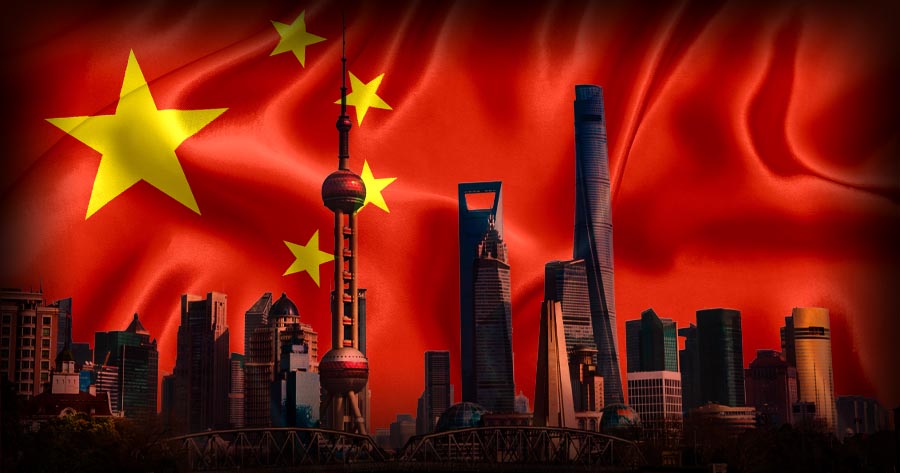China’s Ministry of Industry and Information Technology (MIIT) has called together petrochemical firms involved in the production of fibres and plastics for clothing and bottle manufacturing, as it seeks solutions to the sector’s ongoing overcapacity issues.
According to a notice dated October 27, circulating on social media, the meeting is scheduled for Wednesday and will focus on the increasingly fierce competition—known in China as “involution”—that has severely eroded profits for producers of purified terephthalic acid (PTA) and its downstream product, bottle-grade polyethylene terephthalate (PET) chips.
The ministry has requested that companies provide information regarding their production capacity, output, market demand, profitability, and the status of projects that are currently under development.
Both PTA and PET segments are facing significant overcapacity, resulting in depressed profit margins. Over the past three years, bottle‑grade PET chip production capacity has doubled to 22 million metric tons, now outstripping demand, according to Guotai Junan Futures.
Similarly, China’s PTA capacity has grown twofold since 2019 to 92 million metric tons, based on data from China Chemical Fibre.
Despite technological advancements—advanced PTA units now comprise more than 60% of total sector capacity by 2025—they are still reporting losses of around 21 yuan per ton, while older units are losing as much as 561 yuan per ton, according to consultancy Oilchem.
Guotai Junan Futures analyst Xiaoqin He noted that U.S. tariffs have further weighed on PTA’s profitability by impacting exports of downstream textiles and apparel.
Tebon Securities noted that the meeting participants include leading industry players such as Zhejiang Yisheng Petrochemical, Hengli Petrochemical, Tongkun Group, Xin Feng Ming Group, Shenghong Petrochemical, and Sanfangxiang Group, which together account for about 75% of the domestic PTA market.





